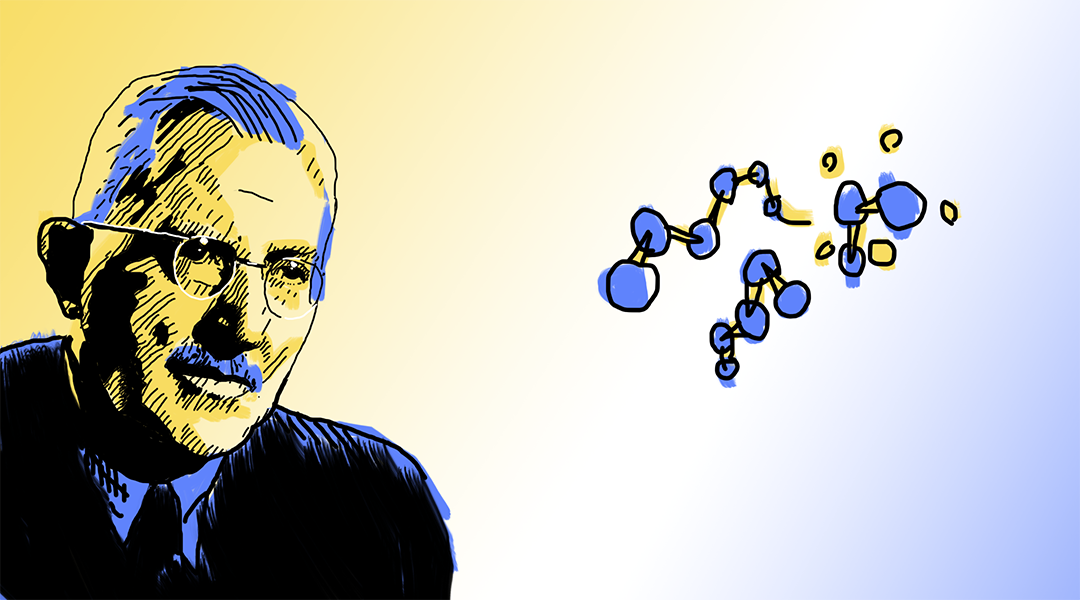Researchers explore an alternative, green supercapacitor concept that relies on seawater and carbon fibers derived from waste cotton.


Researchers explore an alternative, green supercapacitor concept that relies on seawater and carbon fibers derived from waste cotton.

Developing a battery-free electronic sensor to monitor the forest.

A century on from his groundbreaking paper on polymerization, Advanced Science News takes a look at the life and work of Nobel Laureate, Hermann Staudinger.

Scientists create a lightweight wood with incorporated magnetic nanoparticles for electromagnetic interference shielding.

A new way of making large sheets of graphene could lead to ultra-lightweight, flexible solar cells, and to new classes of light-emitting devices and other thin-film electronics

If your engine has more than 16 atoms, you’re just wasting space.

COVID-19, like climate change, is a complex social problem that will require social scientific knowledge to understand its full and lasting impact impact.

Millimeter-scale robots were shown to mimic the movement and behavior of living insects for advanced materials science, biological, and biomedical applications.

If governments take advantage of the ever-falling price tag of renewables to put clean energy at the heart of COVID-19 economic recovery, they can take a big step towards a healthy world, which is the best insurance policy against global pandemics.

Post Fukushima, Japan’s energy network has expanded dramatically to include thousands of small renewable power companies which create many small solar, wind, biomass, and geothermal plants.